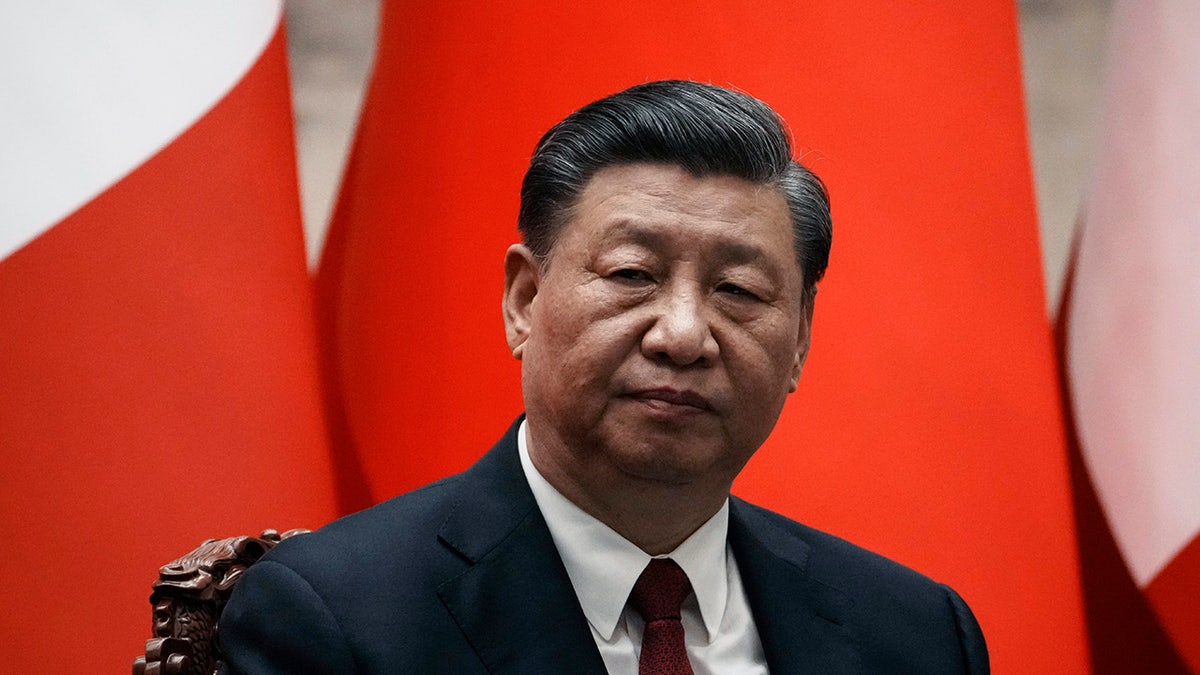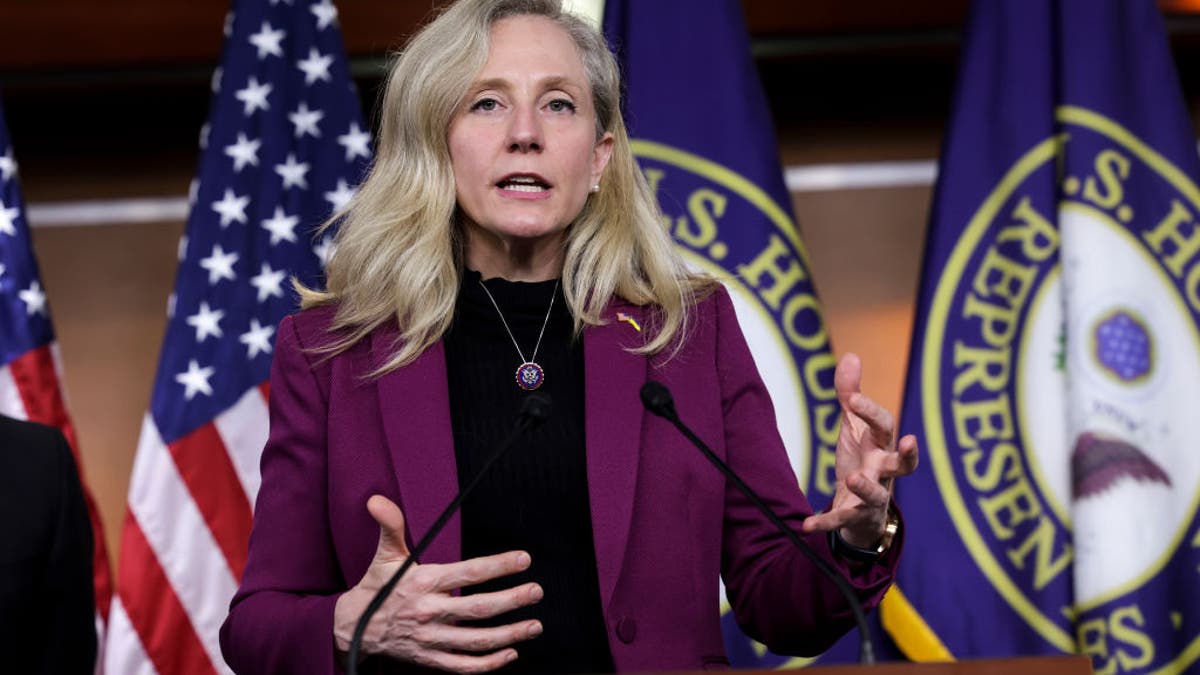China needs to face some consequences for their role in the COVID-19 pandemic: Dr. Rebecca Grant
IRIS Independent Research President Dr. Rebecca Grant discusses U.S. and Chinese officials meeting in Vienna amid growing tensions.
FIRST ON FOX: A bipartisan bill introduced in the House of Representatives on Wednesday would block foreign adversaries like China from buying U.S. farmland, the latest sign that Republicans and Democrats are united on the issue of China's growing threat to America.
"I think that our nation overall should be making really thoughtful decisions about the sorts of economic investments that we see," Rep. Abigail Spanberger, D-Va., a former CIA officer and one of the leaders of the legislation, told Fox News Digital. "And certainly, to be very clear, economic investment and engagement with China is important. But… I want to make sure we're protecting American agriculture from our adversaries."
Spanberger and Rep. Dale Strong, R-Ala., are introducing the bill on the House side, while a companion bill was introduced by a group of three Republican senators and Sen. Jon Tester, D-Mont., in the upper chamber. It is a signal that Congress is seeing ownership of U.S. agricultural land by some countries as a growing threat at a time when the U.S. is still dealing with high consumer prices and shaky supply chains.
CHINESE TECH COMPANIES ARE EXPLOITING US GREEN ENERGY GOALS, FORMER STATE DEPARTMENT OFFICIALS WARN

Chinese President Xi Jinping gives a joint press conference with Frances President Emmanuel Macron at the Great Hall of the People in Beijing Thursday, April 6, 2023. Beijing-backed companies purchasing U.S. farmland is an issue of growing concern for American lawmakers. (AP Photo/Thibault Camus, File)
In addition to stopping people and companies linked to the Chinese Communist Party from buying U.S. farmland, the bill would block similar purchases out of Iran, North Korea and Russia and prohibit actors associated with the oppressive regimes from participating in certain programs directed by the U.S. Department of Agriculture.
"The United States can no longer turn a blind eye to the threats posed by the Chinese Communist Party," Rep. Strong said in a statement. "As the CCP looks to exploit weaknesses in our free and open society, it is our responsibility to ensure that the American people are protected against those who seek to undermine our national interest. This legislation is crucial to ensure our adversaries do not interfere with our food and fiber market by owning agriculture land."
CHINESE LEADER XI JINPING'S GOVERNMENT SHUTS DOWN ADVOCACY GROUP FOR LGBTQ COMMUNITY IN BEIJING
Nearly 1% of all foreign-owned U.S. agricultural land had been bought by China as of the end of 2021, according to a Congressional Research Service report released earlier this year. That is roughly 383,935 acres.

Rep. Abigail Spanberger, D-Va., is leading a new bill to stop Chinese government-backed entities and other hostile nations from buying U.S. farmland. (Kevin Dietsch/Getty Images)
In March, Agriculture Secretary Tom Vilsack testified to Congress that 400,000 acres of U.S. farmland are owned by Iran, North Korea, China, and Russia as of 2021.
However, various loopholes and other inaccuracies have prevented the U.S. government from knowing definitively how much of its farmland is owned by foreign countries.
RUSSIA, CHINA COZY UP AS MILITARY POWERS THREATEN 'THE EXISTING ORDER,' OFFICIAL WARNS
Spanberger cited several reports that indicate Beijing-backed companies have tried to purchase U.S. farmland near sensitive military bases, something she has kept a close eye on as a former national security officer.
"There's value in investments coming from overseas, but certainly there'll be a significant risk depending upon who those countries are and… the type of land that they're buying," she said.

Rep. Dale Strong, R-Ala., is also spearheading the effort. (Tom Williams/CQ-Roll Call, Inc via Getty Images)
"Certainly there have been some reports… about some instances where there have been military facilities in locations that are in heavily agricultural communities, and the farmland in the immediate surrounding area or particular facilities are purchased by CCP-backed purchasers," she said. "So maybe it's just coincidence, maybe that lands a good investment, but the bottom line is there’s, from my perspective, a very clear risk to that."
CLICK HERE TO GET THE FOX NEWS APP
She said she is also worried about the economic effects of these purchases, especially in her home state of Virginia, where agriculture is the "number one private industry."
"So for us… any large scale purchasing of farmland by any foreign entity, but in this case the Chinese Communist Party, really could have a major impact," she said. "Not just what they might be purchasing land near, but also just the very basic [fact] of, it's such a driver of our economy, that if there were to be disruptions because of the foreign government relationship and purchases, that could be a problem."













































